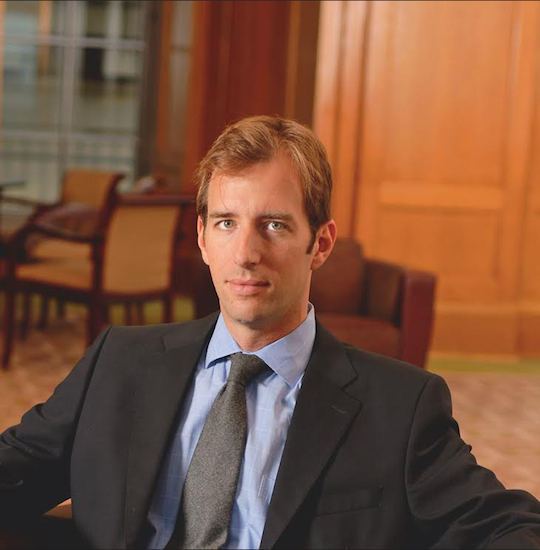Brooklyn Law School professor addresses religious freedom in wake of recent marriage equality decision

In Obergefell v. Hodges, marriage equality became the law everywhere in the United States. That decision had long been anticipated. Many people also expected that Justice Kennedy would write the opinion, as he did, and that he would rely on a blend of liberty and equality considerations. So the opinion was viewed by many as welcome but unsurprising.
After Obergefell, focus has intensified on civil rights protections for LGBT people and on religious freedom exemptions from those protections. Such questions are not new, and they were not changed much by the decision on Friday. But now they will capture greater attention, with the fight for marriage equality in the past.
Can wedding vendors refuse to serve same-sex couples on religious grounds? May employers decline spousal benefits to the same-sex spouses of their employees? Is it permissible for religious adoption agencies refuse to place children with gay or lesbian couples, even if they are legally married? Must religious universities provide married student housing to everyone, despite sincere theological objections? These are the questions that will occupy courts, lawmakers, and citizens for some time to come.
